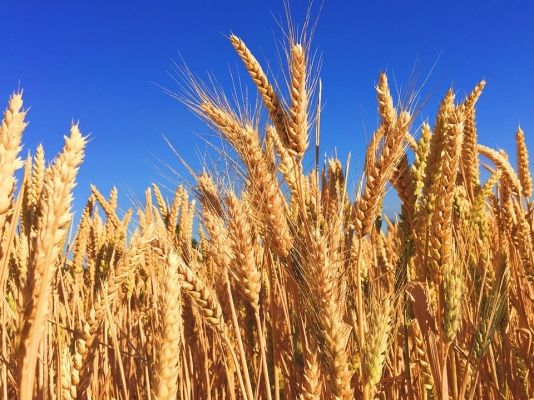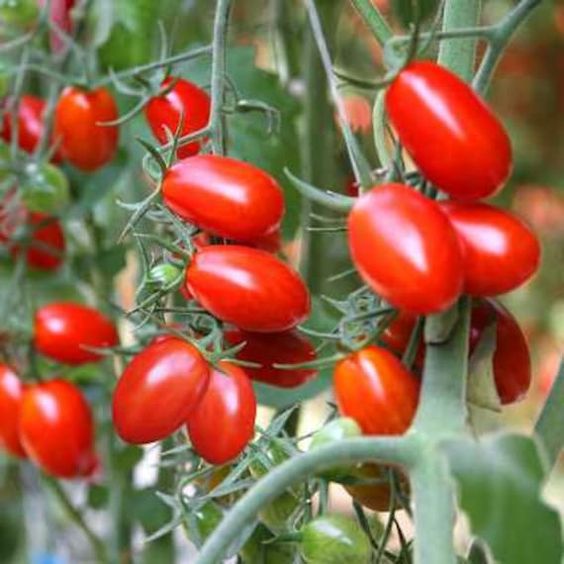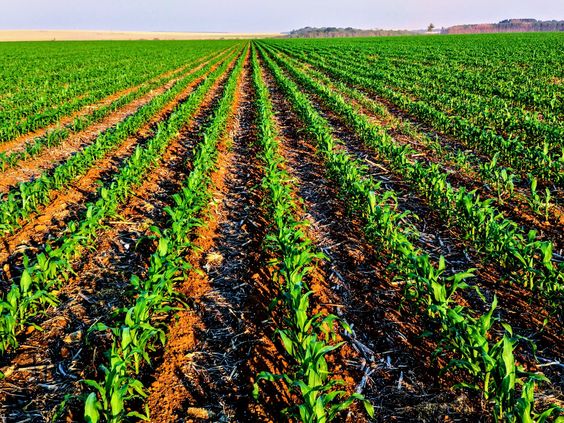Smart Plant Wheat: Cultivating Abundance with Precision Agriculture
Plant Wheat, has been the cornerstone of human civilization. Today, with a growing global population, ensuring efficient and sustainable wheat production is critical. Smart agriculture, leveraging cutting-edge technologies, offers a transformative approach to cultivating wheat. This article delves into the world of smart wheat, exploring its objectives, benefits, and the various technologies that empower precision agriculture.
Contents
Objectives of Smart Plant Wheat:
- Increased Yield: Smart agriculture aims to optimize growing conditions, leading to higher wheat yields per acre. This is achieved through precise monitoring and management of factors like soil health, irrigation, and nutrient delivery.
- Improved Resource Efficiency: Water scarcity is a growing concern. Smart irrigation systems use soil moisture sensors to deliver water only when needed, minimizing wastage. Similarly, targeted application of fertilizers reduces environmental impact and optimizes nutrient uptake by the plants.
- Enhanced Crop Quality: Smart agriculture helps maintain optimal growing conditions, leading to healthier wheat with improved protein content and reduced pest and disease damage.
- Reduced Environmental Impact: By minimizing water usage and fertilizer application, smart wheat farming practices contribute to a more sustainable agricultural ecosystem.
- Data-Driven Decision Making: Sensor networks and advanced analytics provide real-time data on crop health and environmental conditions. This empowers farmers to make informed decisions about irrigation, fertilization, and pest control.
Benefits of Smart Plant Wheat:
- Increased Profitability: Higher yields, improved quality, and reduced resource usage translate into higher profits for farmers.
- Improved Food Security: By addressing challenges like resource scarcity and climate change, smart agriculture helps ensure a stable and sustainable food supply for a growing population.
- Reduced Labor Costs: Automation and data-driven decision making can reduce the need for manual labor, allowing farmers to focus on strategic planning and oversight.
- Environmental Sustainability: Smart practices promote water conservation, minimize fertilizer runoff, and contribute to a healthier environment.
- Traceability and Transparency: Smart technologies allow for better tracking of wheat from farm to table, enhancing consumer trust and food safety.
Explanation of Technologies Used in Smart Plant Wheat:
- Internet of Things (IoT): A network of interconnected sensors monitors various aspects of the wheat field, including soil moisture, temperature, nutrient levels, and crop health. This data is transmitted wirelessly for real-time analysis.
- Precision Agriculture (PA): PA utilizes data collected through IoT sensors to optimize inputs like water, fertilizers, and pesticides. It allows farmers to tailor their practices to specific zones within the field, addressing variations in soil conditions and crop needs.
- Geographic Information Systems (GIS): GIS tools provide farmers with detailed spatial data about their fields, including soil types, historical weather patterns, and elevation. This allows for micro-management of different zones within the field.
- Unmanned Aerial Vehicles (UAVs): Drones equipped with multispectral sensors can capture high-resolution aerial imagery of the wheat field. This imagery can be analyzed to identify crop stress, pest infestations, and areas requiring additional attention.
- Big Data Analytics: Powerful computing platforms process and analyze the vast amount of data collected from sensors, drones, and other sources. This data empowers farmers to identify patterns, predict trends, and make informed decisions.
Usefulness of Smart Plant Wheat:
- Adapting to Climate Change: Smart Plant Wheat helps farmers adapt to changing weather patterns by providing real-time data on temperature, humidity, and precipitation. This allows for adjustments to irrigation and crop management practices.
- Disease and Pest Management: Sensor data can help identify disease outbreaks and pest infestations early, allowing for targeted interventions to minimize crop damage.
- Improved Soil Health: Smart practices like precision fertilization and cover cropping promote healthy soil ecosystems, leading to improved soil fertility and long-term crop health.
- Reduced Food Waste: Smart technologies contribute to better post-harvest management, minimizing losses due to spoilage and improper storage.
Advantages for Farmers:
- Increased Efficiency: Smart Plant Wheat helps farmers streamline their operations, reducing time and effort spent on manual tasks like monitoring soil moisture and scouting for pests.
- Improved Decision Making: Data-driven insights allow farmers to make informed decisions about their crops, leading to better outcomes.
- Reduced Risk: Real-time monitoring allows for early detection of potential problems, enabling farmers to take prompt action and minimize losses.
- Improved Farm Management: Smart technologies provide farmers with a holistic view of their operations, allowing them to manage resources more effectively.
- Enhanced Profitability: Increased yields, improved resource efficiency, and better quality crops lead to higher profits for smart wheat farmers
Challenges and Considerations for Smart Plant Wheat
While smart wheat offers numerous advantages, it’s important to acknowledge the challenges and considerations associated with its implementation.
- Cost of Technology: The initial investment in sensors, drones, data analysis platforms, and other technologies can be significant, especially for small-scale farmers. Government subsidies and cost-sharing programs can play a crucial role in making smart agriculture accessible to a wider range of farmers.
- Digital Divide: Access to reliable internet connectivity is essential for utilizing smart technologies. Bridging the digital divide in rural areas is crucial to ensure that all farmers can benefit from smart agriculture.
- Data Security: The vast amount of data collected by smart agriculture systems needs robust cybersecurity measures to prevent unauthorized access and ensure data privacy.
- Technical Expertise: Using smart technologies effectively requires some level of technical expertise. Training programs and educational initiatives can help farmers develop the skills necessary to operate and interpret data from smart systems.
- Infrastructure Development: Advanced data analysis platforms, reliable internet connectivity, and access to technical support are essential for widespread adoption of smart agriculture. Building the necessary infrastructure, especially in remote areas, requires collaboration between governments, private companies, and research institutions.
The Future of Smart Plant Wheat
Smart Plant Wheat is rapidly evolving, driven by advancements in technology and ongoing research. Some key areas of development include:
- Artificial Intelligence: AI algorithms can analyze sensor data from fields and historical records to predict crop yields, identify potential problems early, and recommend optimal management practices.
- Robotics: Autonomous robots can perform various tasks in the field, such as weed control, targeted pesticide application, and soil health monitoring.
- Blockchain Technology: Blockchain can be used to ensure transparency and traceability in the wheat supply chain, providing consumers with information about the origin and quality of their wheat products.
- Sensor Integration: Advancements in sensor technology will lead to the development of even more sophisticated sensors that can monitor a wider range of parameters, providing even deeper insights into crop health and environmental conditions.
Plant Wheat ,By embracing smart agriculture practices and addressing the associated challenges, farmers can unlock a new era of wheat production. Smart wheat offers the potential to ensure food security, promote environmental sustainability, and empower farmers to cultivate their crops with greater precision and efficiency. As research and development continue, smart wheat will play a transformative role in shaping the future of agriculture.




